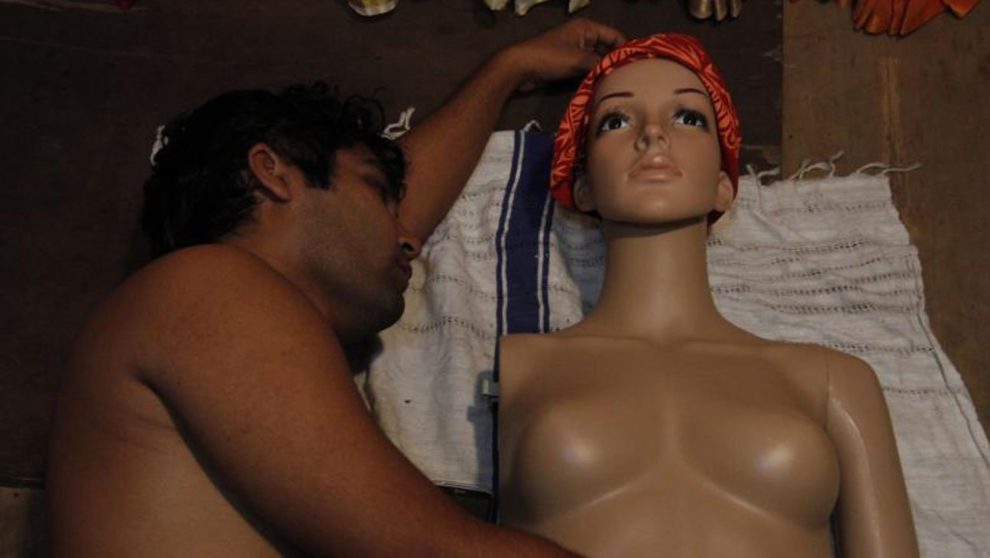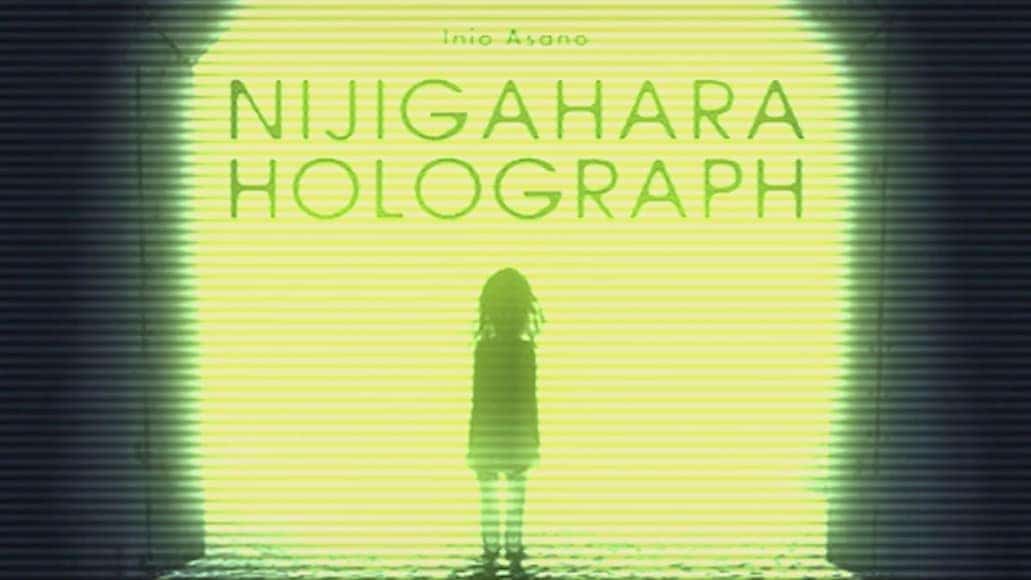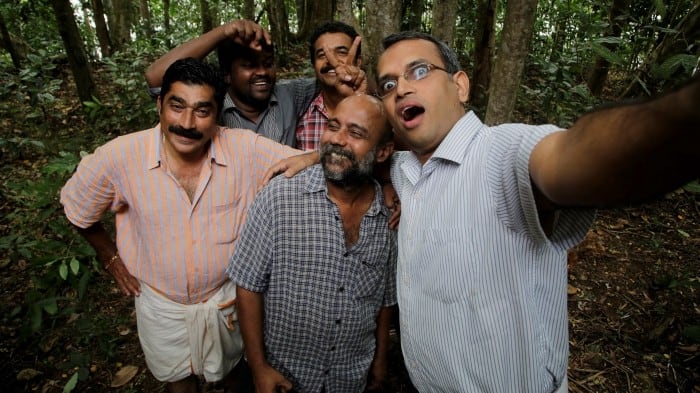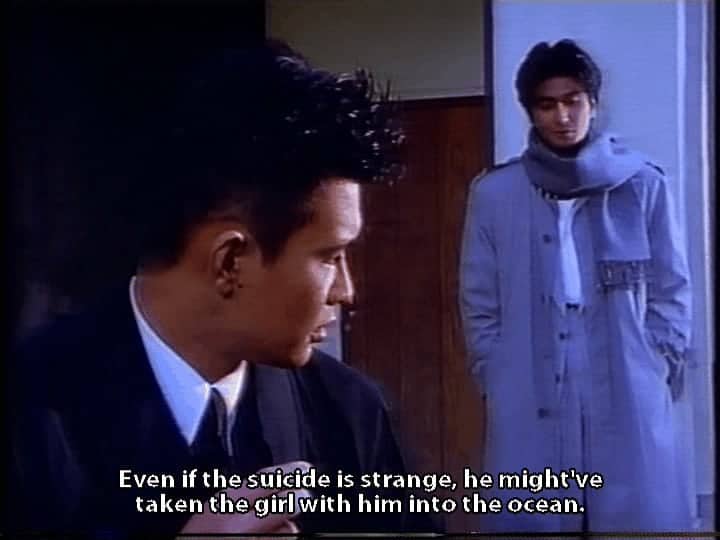Creating fantasies from the lies we tell people and then starting to believe them ourselves in order to feel better is not something exactly uncommon. In fact, most people do it and occasionally the power of self-illusion is so significant that it ends up having the same consequences as drugs (or alcohol if you prefer), particularly if one actually forgets of how reality actually is. Mostafa Sarwar Farooki deals with this concept in a way that allows him to make a number of additional social, economical and philosophical comments.
“Ant Story” is streaming at Hoichoi
Mithu is a dreamer. Although he leaves with his parents in the suburbs, this unemployed college graduate dreams of living in the rich areas of Dhaka, and it is that dream that leads him into a shady sales work, on which he is instructed to lie to people to sell them everything the company is tasked with promoting. Eventually, he is even sucked into a pyramid scheme, in which he proves so adept, that he even gets a promotion. It is at this point that his boss suggests that he should buy a new mobile phone, since his current broken one dulls his prestige as a salesman. Mithu soon finds himself being coerced into buying one from a shady, black market salesman, but even more, a bit later, he receives a phone call from the actual owner of the stolen device, who proves to be a rather sexy movie star named Reema. The woman demands her phone back and Mithu complies, but not before copying a video of her with her boyfriend that could compromise her fame and career. Not before long, Mithu begins blackmailing her to do his bid, which mostly involves her including him in her actual life, and posing as his girlfriend. Eventually, Reema stops being a victim, and a rather intense and unusual game of cat and mouse begins, while Mithu continues to find ways to bend the borders of reality, even involving the current boyfriend of an ex-girlfriend.
The concept mentioned in the prologue is the main one the narrative revolves around, with Mithu presenting it in all its glory, and with a very entertaining hyperbole that borders on surrealism and at the same time, allows Farooki to present his comments about how Bangladesh works. In that fashion, the movie deals with the illogical rules of marketing, all of which revolve around appearances and lying, the black market, the pyramid schemes, the role of press and public opinion in a society as conservative as the Bangladeshi, the role of social media and also the differences between the poor and the rich. Through all these comments, Mithu is revealed as a constant liar, manipulator and blackmailer, but Farooki does not allow the viewer to hate him, since he also presents the fact that for “ants” (poor people who have very few chances at changing their life) this might be the only way to “escape” and “be happy”, along with indulging in their own fantasy world. Noor Imran Mithu in the role expresses all the aforementioned in excellent fashion, anchoring the movie with his impressive acting.
At the same time, the story does not present Reema as a complete victim, since, despite the annoyance Mithu's behaviour causes (and his demand for respect and role playing), she actually goes on with her life for the most part, and is never actually in clear danger of having her career destroyed. Furthermore, the threats of having him killed are not exactly unsubstantial, while the way her friend eventually solves the problem is as despicable as Mithu's tactics. Sheena Chohan looks the part of the movie star, but her acting is a bit excessive at times, essentially pointing towards a TV production. Her antithetical chemistry with Mithu, however, is undeniable.
As it has been repeatedly proven in a number of his movies (“Television” in particular), Farooki is a master of using humor and surrealism to communicate his comments, and “Ant Story” is another testament to the fact. This combination is implemented by Golam Maola Nabir's cinematography, which presents the differences of the world of the rich and of the poor with eloquence. Even more so by Farooki and Khaled Mahmud Rajon's editing, that highlights the disappearance of the borders between reality and fantasy in the best fashion. The somewhat hyperbolic episode with the boyfriend of Mithu's ex-girlfriend can also be interpreted through this approach, although it becomes evident that the film could do with it being a bit smaller in duration.
“Ant Story” is not on the same level as “Television” or the later “No Bed of Roses” and “Saturday Afternoon“, particularly cinematically, since a number of its elements point towards a TV production. However, Farooki communicates his comments extremely well through humor and slight surrealism, which also results in a movie that is also quite entertaining.















